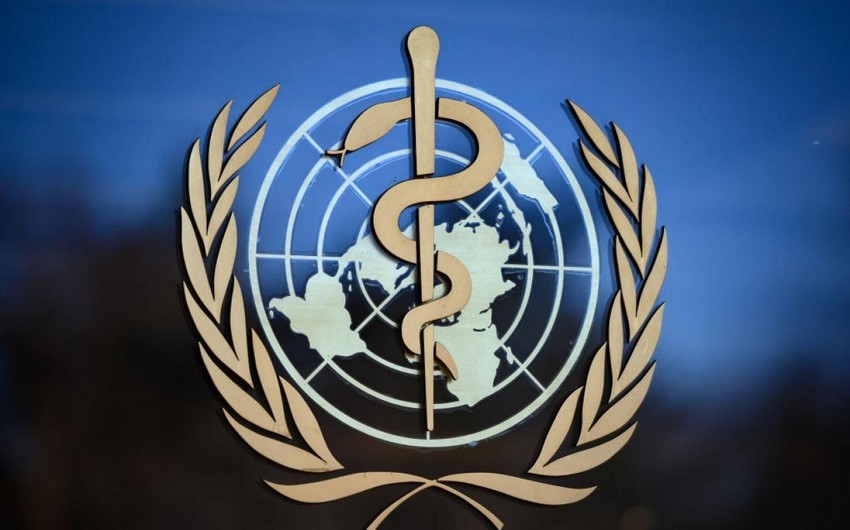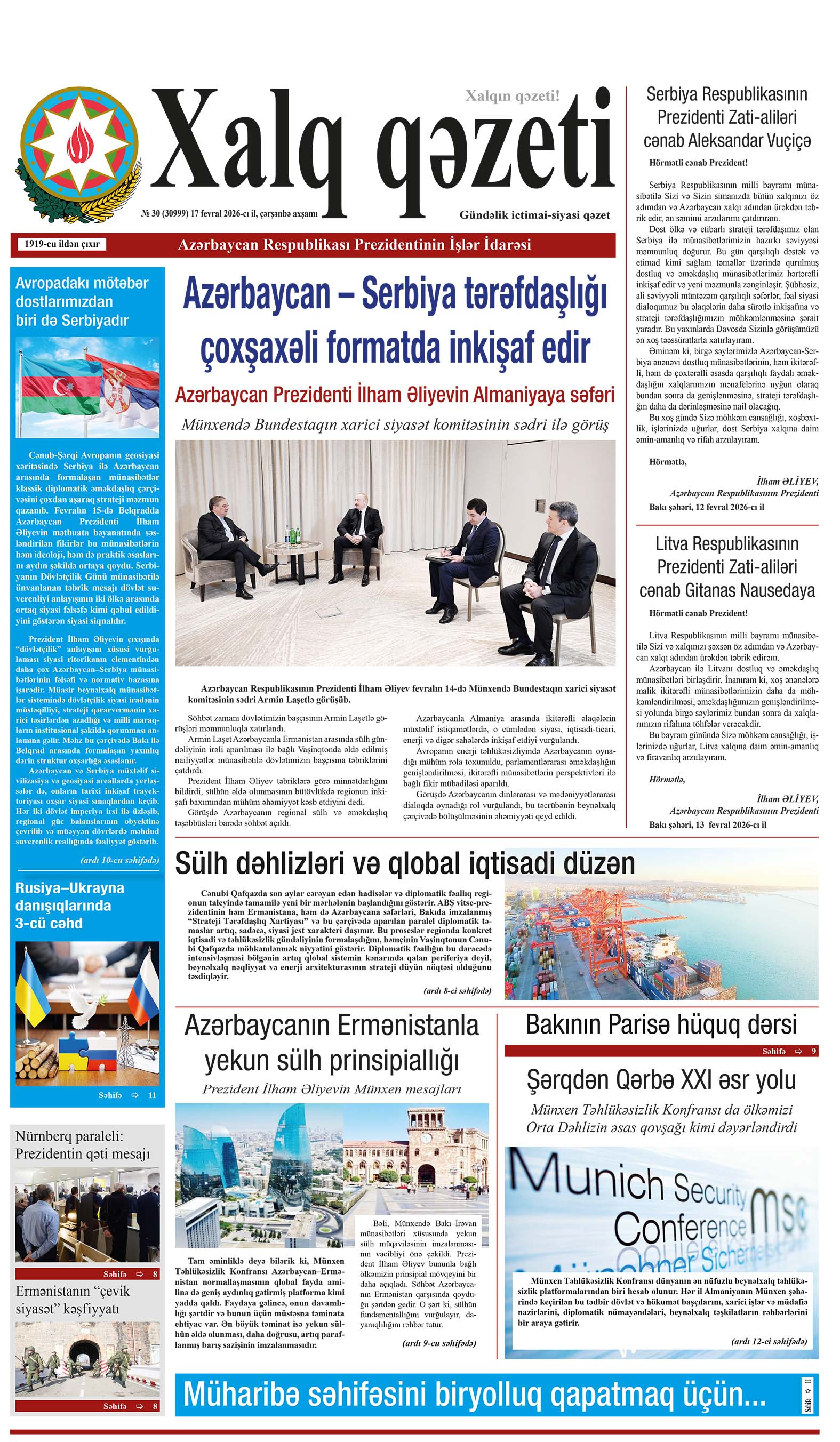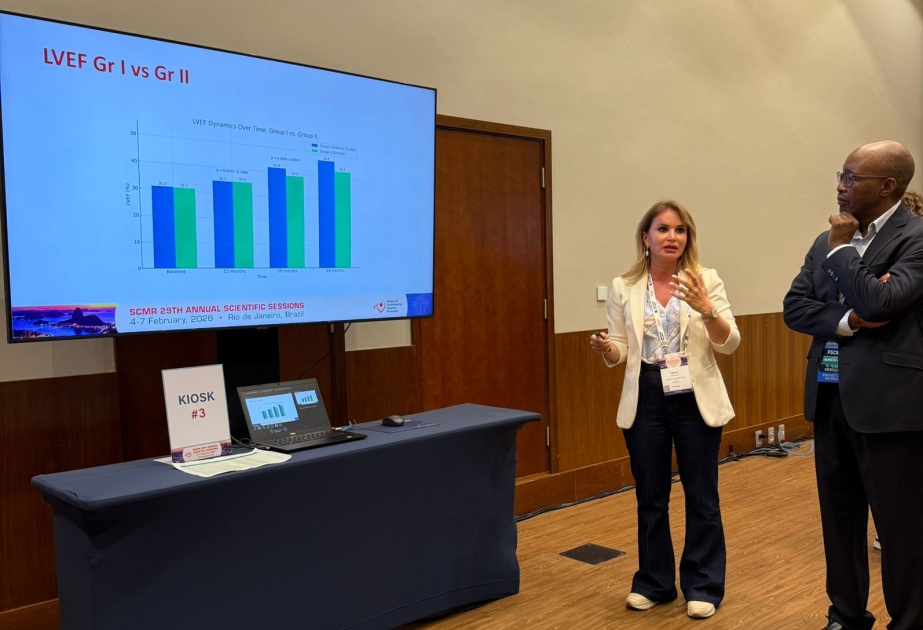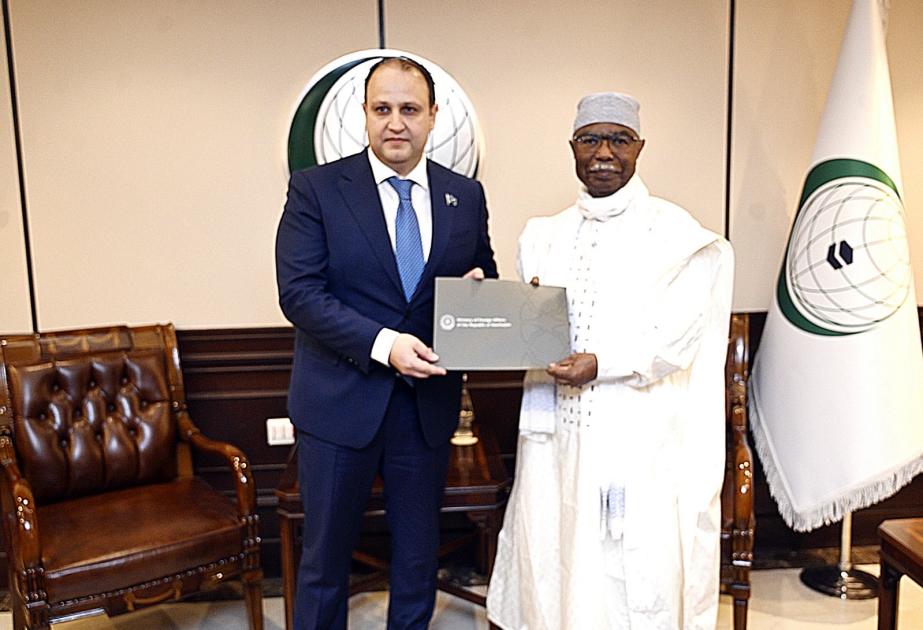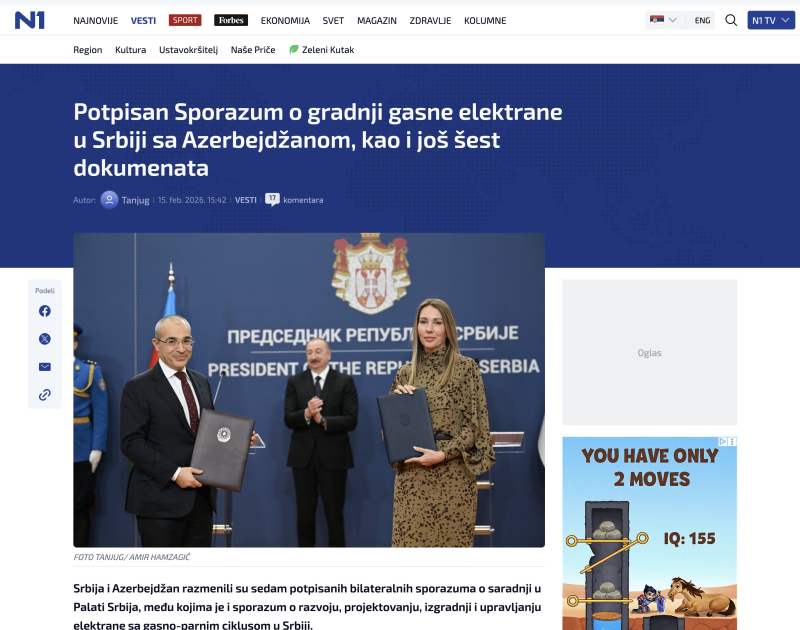Generative artificial intelligence could transform healthcare through things like drug development and more rapid diagnoses, but the World Health Organization stressed Thursday more attention should be paid to the risks, Report informs citing Barron's.
The WHO has been examining the potential dangers and benefits posed by AI large multi-modal models (LMMs), which are relatively new and are quickly being adopted in health.
LMMs are a type of generative AI which can use multiple types of data input, including text, images and video, and generate outputs that are not limited to the type of data fed into the algorithm.
"It has been predicted that LMMs will have wide use and application in health care, scientific research, public health and drug development," said the WHO.
The United Nations' health agency outlined five broad areas where the technology could be applied.
These are: diagnosis, such as responding to patients' written queries; scientific research and drug development; medical and nursing education; clerical tasks; and patient-guided use, such as investigating symptoms.
While this holds potential, WHO warned there were documented risks that LMMs could produce false, inaccurate, biased or incomplete outcomes.
They might also be trained on poor quality data, or data containing biases relating to race, ethnicity, ancestry, sex, gender identity or age.
"As LMMs gain broader use in health care and medicine, errors, misuse and ultimately harm to individuals are inevitable," the WHO cautioned.


